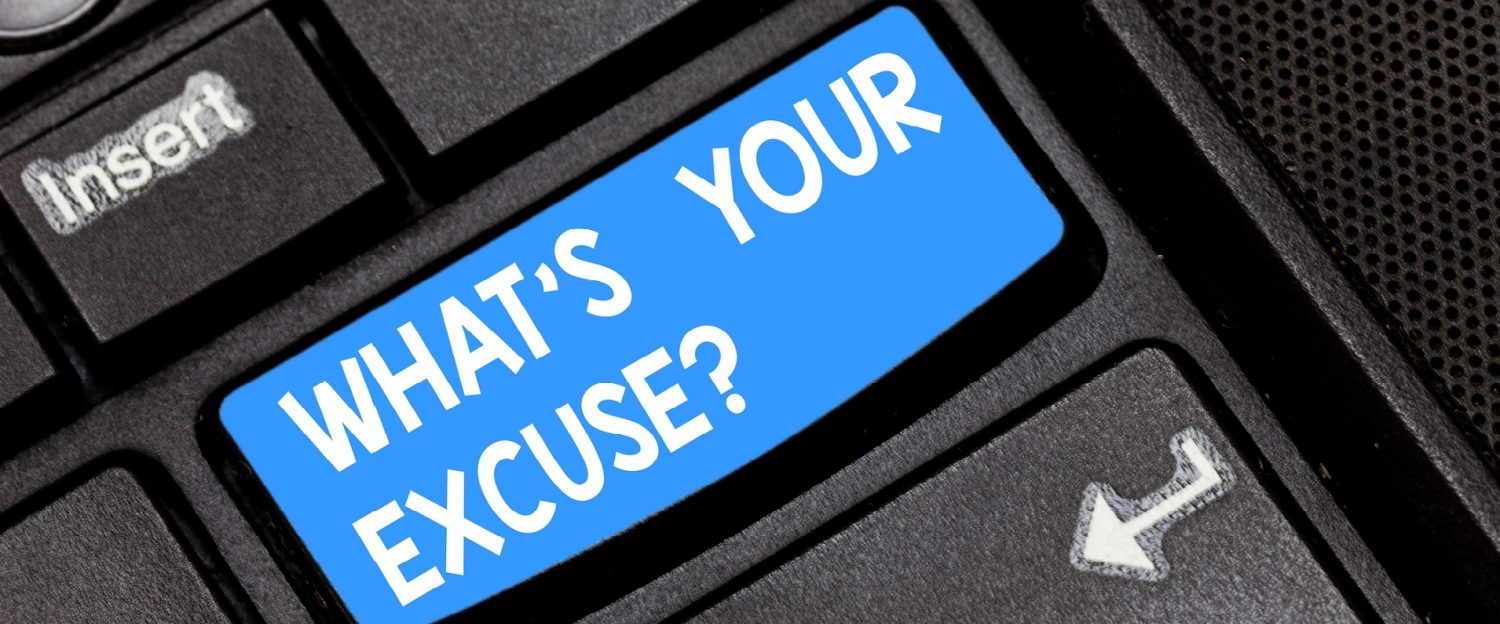Kristina Wong reports:
News and social media websites have been blocked on some Pentagon workstations Friday to prevent employees and contractors from accessing classified information that was leaked Thursday about a federal program that gathers Internet users’ personal data from the computer servers of Web service providers.
U.S. Cyber Command recommended the blocking, which began about 11:30 a.m. Friday, a Defense Department source said.
Read more on Washington Times.
So once again, everyone else can read what our own government leaked, but government employees can’t. This is not the first time we’ve seen this approach to containing a leak of classified information – we saw this after WikiLeaks started publishing State Department cables leaked by Bradley Manning – but it still seems like futility personified.

The blocking of the web sites is to control the bleeding. Even if the information – of any type is viewed, it becomes a problem cleaning off potentially sensitive data off machines that should remain clean.
There are other reasons, but I will state generic items of interest.
One of the pitfalls is the hacker community quickly will take breaking news and stand up sites that look like the stereotypical webite in question. Should a user click on the wrong link, Incident Response is off to the races to plug another potential issue.
Its also a distractor; work may get sidelined, gossip at the water cooler increases, curiosity gets the better of most people without thinking of the ramifications.
Government employees, military and contractors are expected to operate at a slightly higher standard and protect the assets of the US government. The typical party line on most US government assets are that people will not use government assets for personal property, or personal gain. In a typical user agreement, they autograph a paper that states that their activity could be monitored, and they shall follow all policies and not circumvent any security controls.
In my opinion, the intent of keeping people using government assets from viewing potentially classified or sensitive data just keeps the network clean of potential unwanted information, saving many, many, many hours of work and needless investigations.
With less to clean up, the “real” investigation gets underway and then, what needs to be uncovered, who knew about it, who ignored the warning signs, can then be filtered out.
Its a long story, but the ability to control what potentially could be as a lot more work for the Information Assurance and Computer Network Defense teams can be avoided by blocking sites with good intentions in mind.